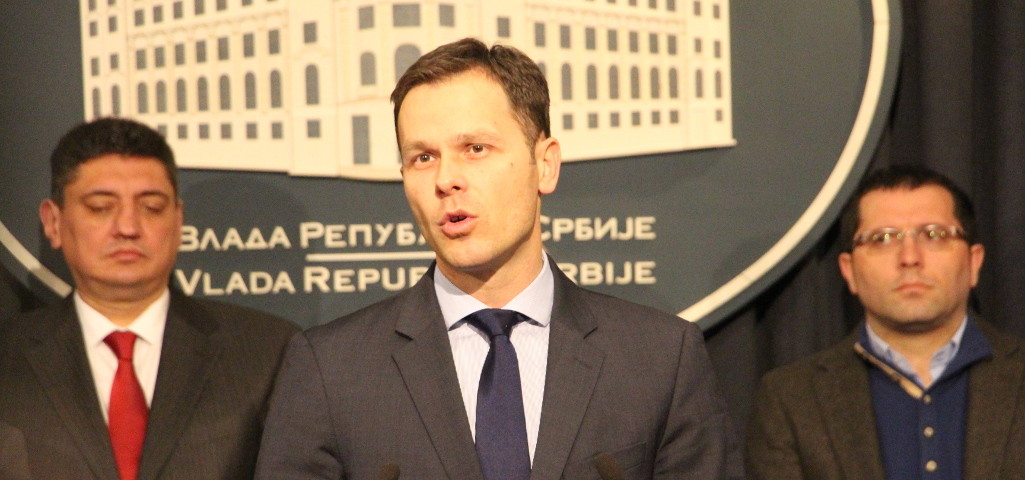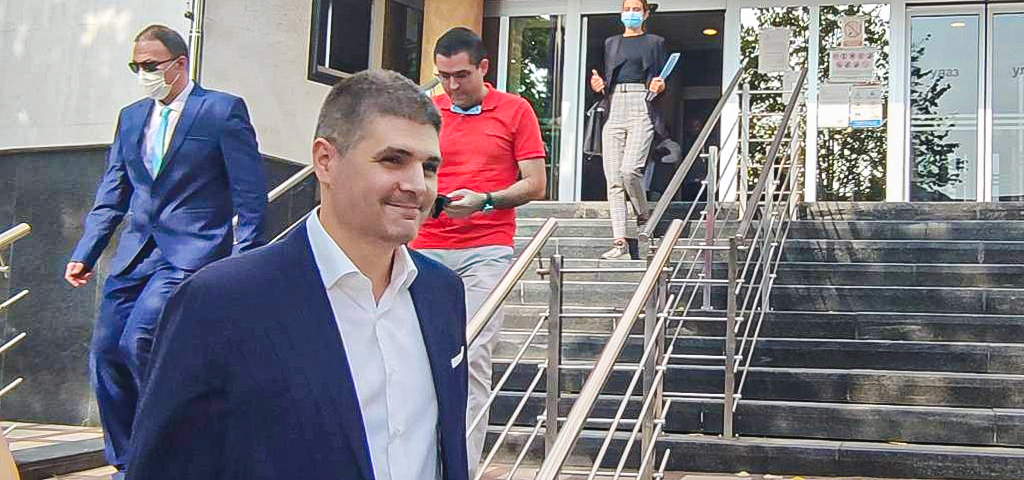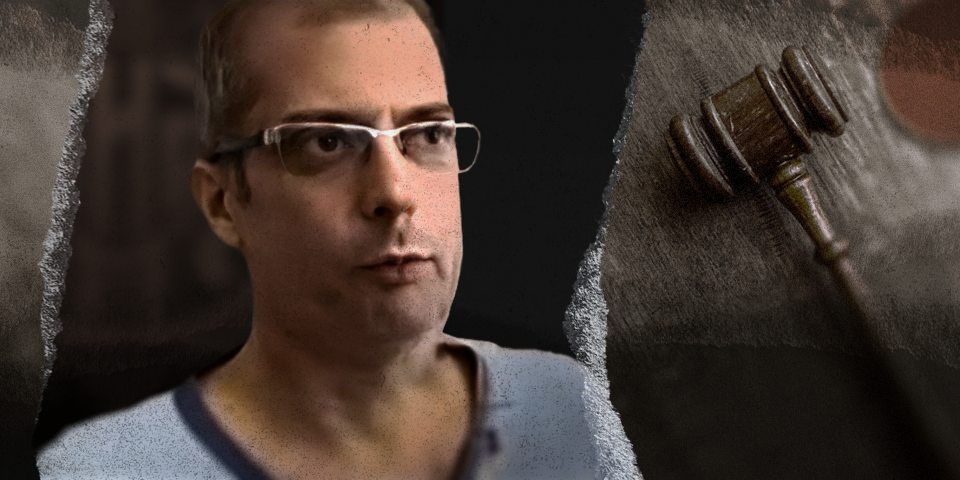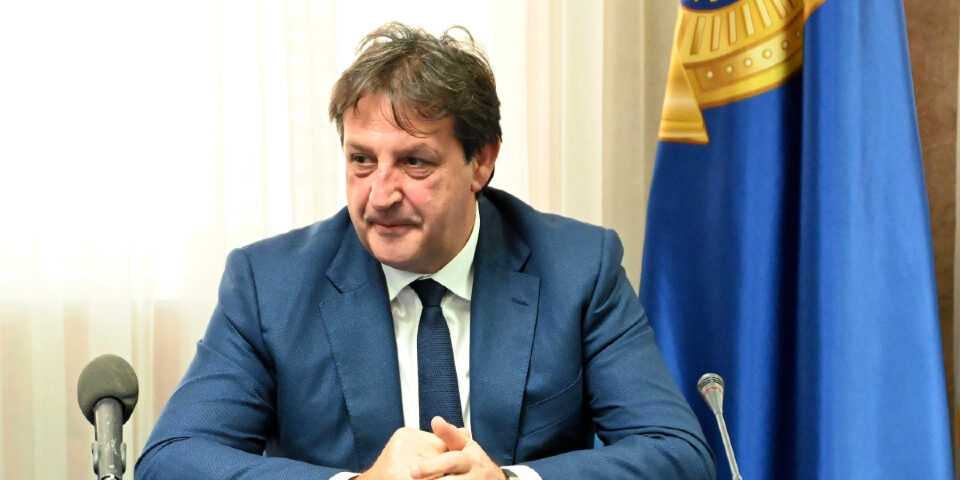Belgrade Mayor Stands By Police Chief Who Interfered in Journalists’ Work
Belgrade Mayor Stands By Police Chief Who Interfered in Journalists’ Work

Belgrade’s mayor, Siniša Mali, has refused to comply with a request by Serbia’s Ombudsman to fire the chief of the Communal Police for obstructing journalists trying to investigate corruption.
Belgrade’s Communal Police obstructed journalists working for the fact-checking website Istinomer (Truth-O-Meter) in September 2015 and reporters from the Crime and Corruption Reporting Network (KRIK) in October 2015. Ninety days later, the Ombudsman intervened, requesting the replacement of the chief of the controversial law enforcement unit. Two months after that, the city government accepted the content of the recommendation, admitting guilt for breaking the regulations through the illegal use of force, but the police chief suffered no consequences.
On February 24, the Ombudsman announced that he’d received a report claiming that the Communal Police had implemented his 32 recommendations in the case of Istinomer. The Ombudsman emphasized, however, that he still expects police to comply with his recommendations regarding the KRIK case (specifically calling for the dismissal of the chief of the Communal Police).
The city’s law enforcement has issued a statement saying, “In the future, [we] will act according to the law only.” Belgrade’s mayor said publicly on February 26 that he and the Communal Police both apologize for the incidents last year with journalists, arguing that reforming certain police procedures would be a sufficient response.
In response, the team at Istinomer stated that reject the mayor’s position, which they say makes abusing state authority inconsequential:
With this statement, Mayor Mali practically abolishes the RESPONSIBILITY of state officials who do their job badly—in this particular case, both through action and inaction.
The Communal Police chief, who persistently defended the proven misconduct of his subordinates, simply MUST know the regulations of the office and must apply them. The behavior of Nikole Ristić during and after the incidents shows that he either doesn’t know the regulations affecting the unit he manages, or if he is aware of the regulations, and provides cover to those who break them, which is even worse. What use do the citizens and the city government have for such an official?
And this is the real reason for Ristić’s resignation. He did not commit an unintentional mishap, which could lead to clemency. His personal involvement in the incident with the journalists of KRIK, involving illegal confiscation of equipment and erasing of footage, indicates intent. During the incident chief Ristić did admonish or prevent his men who were breaking the law.
This proves that the Communal Police chief does not care if his officers follow the rules, of they use violence, or if they violate the dignity of journalists, both as citizens and professionals. He only cares about protecting his men.
And this is the real reason why should he be replaced—for applying a principle that is in direct conflict with any state post: defending his men at any cost, against justice, the law, or the citizens.
As KRIK points out, Police Chief Nikola Ristić and his deputy Darko Vujsić personally obstructed the work of KRIK journalists who were attempting to question the mayor about the “24 apartments” scandal. The Belgrade city government has a deadline by the beginning of Aprilto implement the Ombudsman’s recommendation and report to this institution.
The Communal Police is a special kind of municipal police in Serbia, answering directly to the local government, outside the chain of command of the Interior Ministry. According to the law, its powers are more limited than those of the regular police. During 2015, Belgrade’s Communal Police used force against the citizens 48 times, almost once per week.
Twitter users have expressed fears that expanding the powers of the Communal Police has turned it into a kind of parapolice force. As in the case of Mayor Mali, incidents where the Communal Police oversteps its bounds, some Internet users say, often trigger support from officials close to Serbia’s prime minister, Aleksandar Vučić.



